Wasps can be a nuisance and even a danger, especially if they decide to build a nest near your home. Whether you’re looking to prevent them from settling in or need to handle an existing problem, this guide will offer you practical and safe solutions to deter these unwelcome guests.
Understanding Wasps and Their Behavior
To effectively deter wasps, it helps to understand their behavior and what attracts them. Wasps are drawn to food sources, sweet smells, and sheltered areas where they can build their nests. Knowing these factors can help you take proactive steps to keep them at bay.
Wasps are social creatures that depend on a structured colony for survival. They have a hierarchical ecosystem, with queens, workers, and drones each playing distinct roles. The queen’s primary role is to reproduce, while the worker wasps forage for food and maintain the nest. This hierarchical structure makes it essential to interrupt their behaviors early, as a single wasp can lead to an infestation if it finds a suitable nesting spot.
Understanding the cues that attract wasps is critical. They are usually drawn to sugary substances, such as soda or overripe fruit, making outdoor picnics and barbecues prime opportunities for encounters. Wasps also seek protein sources, often scavenging meat from exposed trash or pet food left outside. Reducing these attractants can be your first line of defense against them. Also, keeping outdoor areas clean and free of food scraps will minimize the chances of wasps visiting your area.
Different types of wasps have preferences for various nesting sites. For instance, paper wasps often build their nests in sheltered areas like eaves, attics, and hollow trees. Knowing their preferred nesting spots enables you to seal entry points and monitor these areas regularly for signs of activity. By being vigilant and taking preventive measures, you can significantly reduce the likelihood of wasps establishing a colony in your home.
Safety Precautions When Dealing with Wasps
Safety should always be your first priority when dealing with wasps. This section covers essential precautions, from wearing protective clothing to avoiding sudden movements that can provoke wasps. Learn how to safely approach a wasp-infested area and what to do if you get stung.
Protective clothing plays a crucial role when you need to get close to a wasp nest. Wearing long sleeves, gloves, and face protection can prevent painful stings and minimize the chances of allergic reactions. If you must deal with an active nest, consider using a beekeeper suit for optimum protection. Beekeeping suits are designed to be sting-proof, thanks to their thick material and mesh netting that covers the face and neck, offering you peace of mind as you handle the job.
Approaching a wasp nest should be done with extreme caution. Wasps are sensitive to vibrations and sudden movements, which can trigger an aggressive response. Therefore, it is best to approach nests slowly and silently. Additionally, it is advisable to carry out any wasp control measures during the evening or early morning when wasps are less active and more likely to be inside the nest. This minimizes your risk and increases the chances of effectively tackling the infestation.
In case of a sting, knowing how to respond is essential. Wash the affected area with soap and water and apply ice to reduce swelling. Over-the-counter antihistamines can help manage itching and swelling. However, some individuals may experience severe allergic reactions, known as anaphylaxis, which includes symptoms like difficulty breathing, swelling of the face or throat, and a rapid heartbeat. In such cases, seek immediate medical attention and use an epinephrine injector if available.
Natural Wasp Deterrents
If you’re all about eco-friendly solutions, you’ll be glad to know there are some great natural wasp deterrents out there that really work like Wasp Deterrent Hives - 2 Pack by Best Bee Brothers. Ingredients like peppermint oil, vinegar, and essential oils can help you create barriers that keep wasps at bay without any nasty chemicals. For an extra touch, consider using a Glass Wasp Trap by Best Bee Brothers. It uses bright blue color and sweet liquid to attract wasps, then keeps them locked away so you can get rid of them safely. It’s a smart and gentle approach to handling these pesky insects.
Peppermint oil is one of the most effective natural wasp deterrents. Wasps dislike the strong scent, making it an excellent choice for natural barrier creation around your home. To use peppermint oil, simply mix a few drops with water in a spray bottle and apply it to areas like eaves, porch ceilings, and other potential nesting spots. Reapply every few days, especially after rainfall, to maintain its efficacy.
Vinegar also serves as a powerful natural repellent. A mixture of equal parts vinegar and water can be sprayed around areas where wasps are likely to gather. This solution is not only effective but also safe for plants, making it ideal for gardens. Additionally, setting out bowls of vinegar in problem areas can deter wasps without requiring frequent reapplication.
Essential oils, such as eucalyptus, citronella, and lemongrass, can be combined to create an effective deterrent blend. Combining these oils with a carrier like witch hazel or distilled water in a spray bottle allows you to cover larger areas effortlessly. These essential oils are proven to block the attraction of vespid workers, helping to keep wasps at bay.
Commercial Wasp Deterrents
Sometimes natural solutions aren’t enough. This section explores a range of commercial wasp deterrents available in the market, from sprays to traps. Learn how to choose the right product for your situation and how to use these products safely.
Commercial sprays are among the most commonly used wasp deterrents. These sprays often contain active ingredients like pyrethroids, which are synthetic insecticides derived from chrysanthemum flowers. Pyrethroids act quickly to knock down and kill wasps on contact. When using these sprays, targeting the nest directly is crucial, as it ensures that the queen and most of the colony are eliminated.
While commercial products can be highly effective, it is essential to use them safely. Always follow the manufacturer’s instructions and precautions. Apply sprays during early morning or late evening when wasps are less active to minimize the risk of being stung. Additionally, ensure that pets and children are kept away from treated areas until the product has dried or settled.
Preventing Wasps from Building Nests
Prevention is always better than cure. This section details strategies to prevent wasps from building nests around your home. Tips include regular maintenance, sealing entry points, and using decoy nests to discourage real wasps from settling in.
Regular maintenance is key to preventing wasps from building nests. Start by inspecting your home for any potential entry points, such as cracks, crevices, and unsealed vents. Use caulk to seal these gaps and repair any damaged screens or window fittings. Regularly clearing gutters and downspouts reduces potential nesting sites and helps maintain overall home hygiene.
Sealing entry points is particularly effective for preventing wasps from entering attics and wall voids. Pay special attention to areas where utility lines, pipes, or wires enter the home. These openings can be sealed with expanding foam or caulk to create a tightly sealed barrier. Additionally, installing fine mesh screens over vents and chimneys can further prevent wasps from gaining access to interior spaces.
Using decoy nests like Wasp Deterrent Hives can trick wasps into avoiding your property. Wasps are territorial and generally avoid building nests near other colonies. Hanging fake wasp nests around your home and garden can deter wasps from settling. Place these decoys in strategic spots, such as under eaves and in high corners, to maximize their effectiveness.
Professional Help: When to Call an Exterminator
In certain situations, professional help may be needed. This section will guide you on when it’s time to call an exterminator and what to expect from professional pest control services. Get tips on finding reputable professionals and what questions to ask before hiring.
When a wasp infestation becomes too large to handle or if nests are in hard-to-reach or dangerous locations, it is time to call in the professionals. Professional exterminators have the experience and equipment required to handle severe infestations safely and effectively. They can also identify the species of wasps and tailor their approach accordingly, ensuring a more targeted and successful extermination.
Choosing a reputable pest control service is essential for ensuring quality and safety. Look for companies with positive reviews and proper licensing. Ask about their methods and the types of products they use, prioritizing those that offer eco-friendly options when possible. Additionally, inquire about guarantees and follow-up services to ensure the wasp problem is completely resolved.
Professional pest control services typically start with a thorough inspection of your property to assess the severity of the infestation and identify all nesting sites. They will then formulate a plan of action, which may include the use of specialized sprays, dust treatments, and traps. After the initial extermination, they may also provide recommendations for preventive measures to keep wasps from returning.
Wrapping Up: Your Path to a Wasp-Free Environment
Effectively managing wasp presence in your environment requires a combination of preventive measures, immediate actions, and sometimes professional help. By following the safety tips and implementing the solutions outlined in this blog, you can enjoy a wasp-free space with minimal risk.

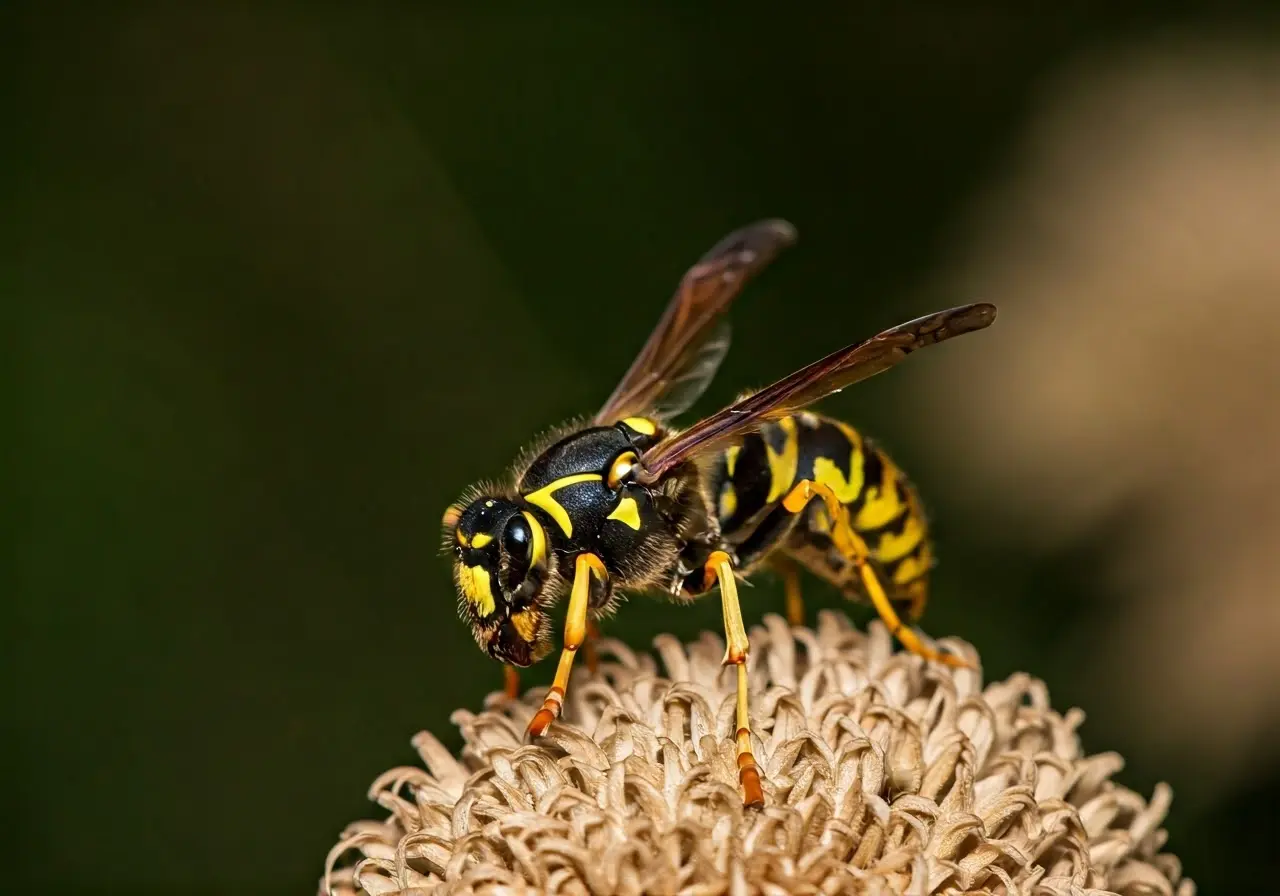


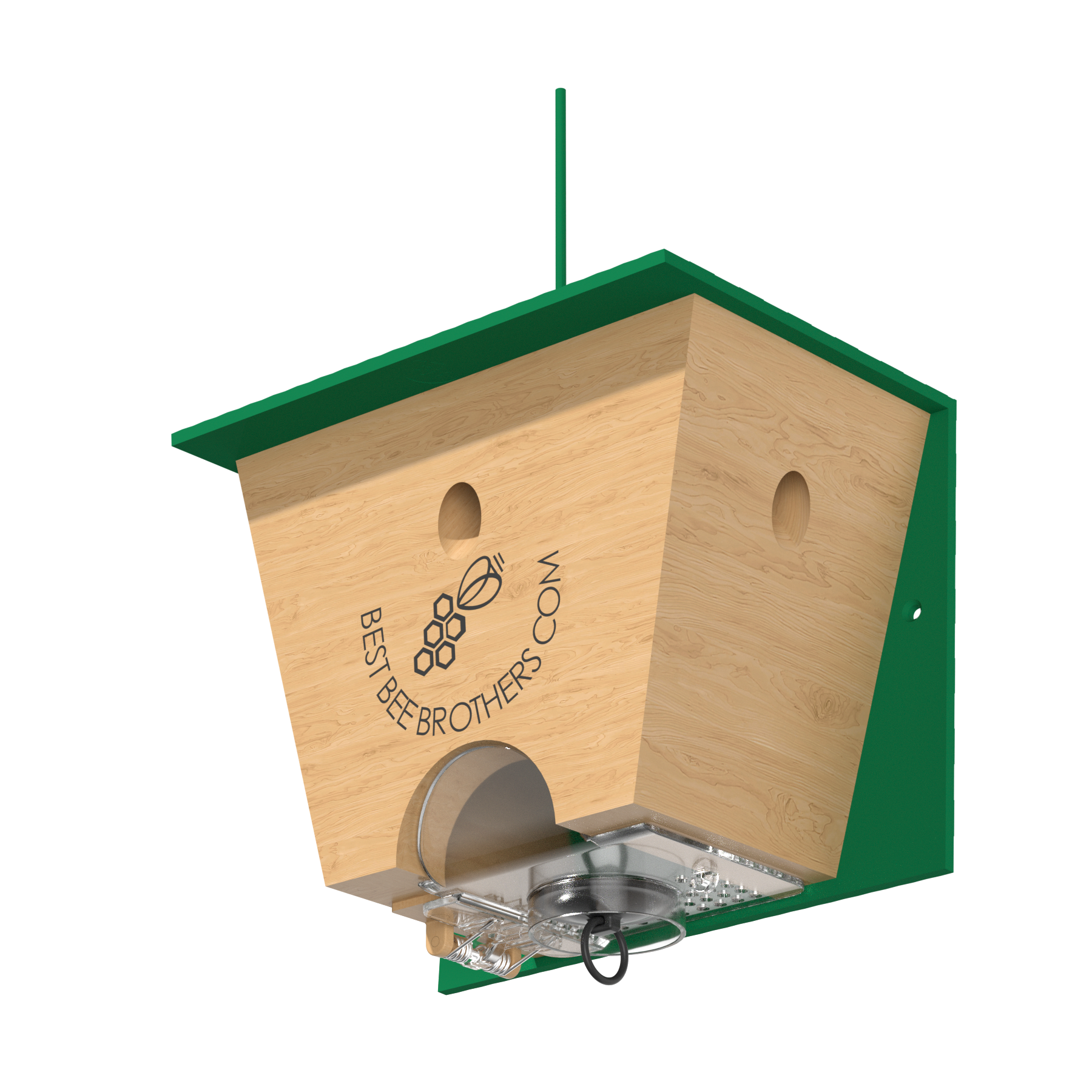
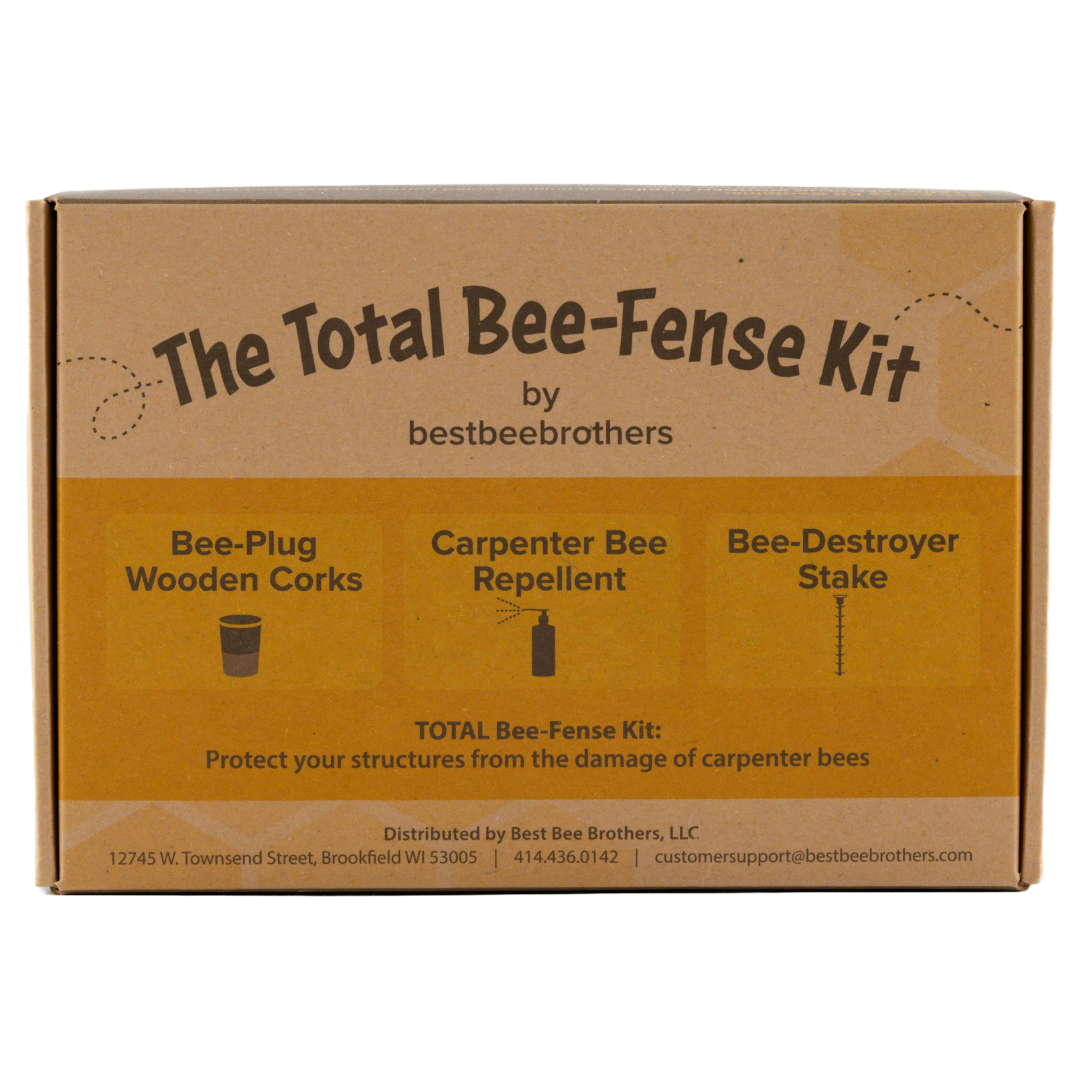
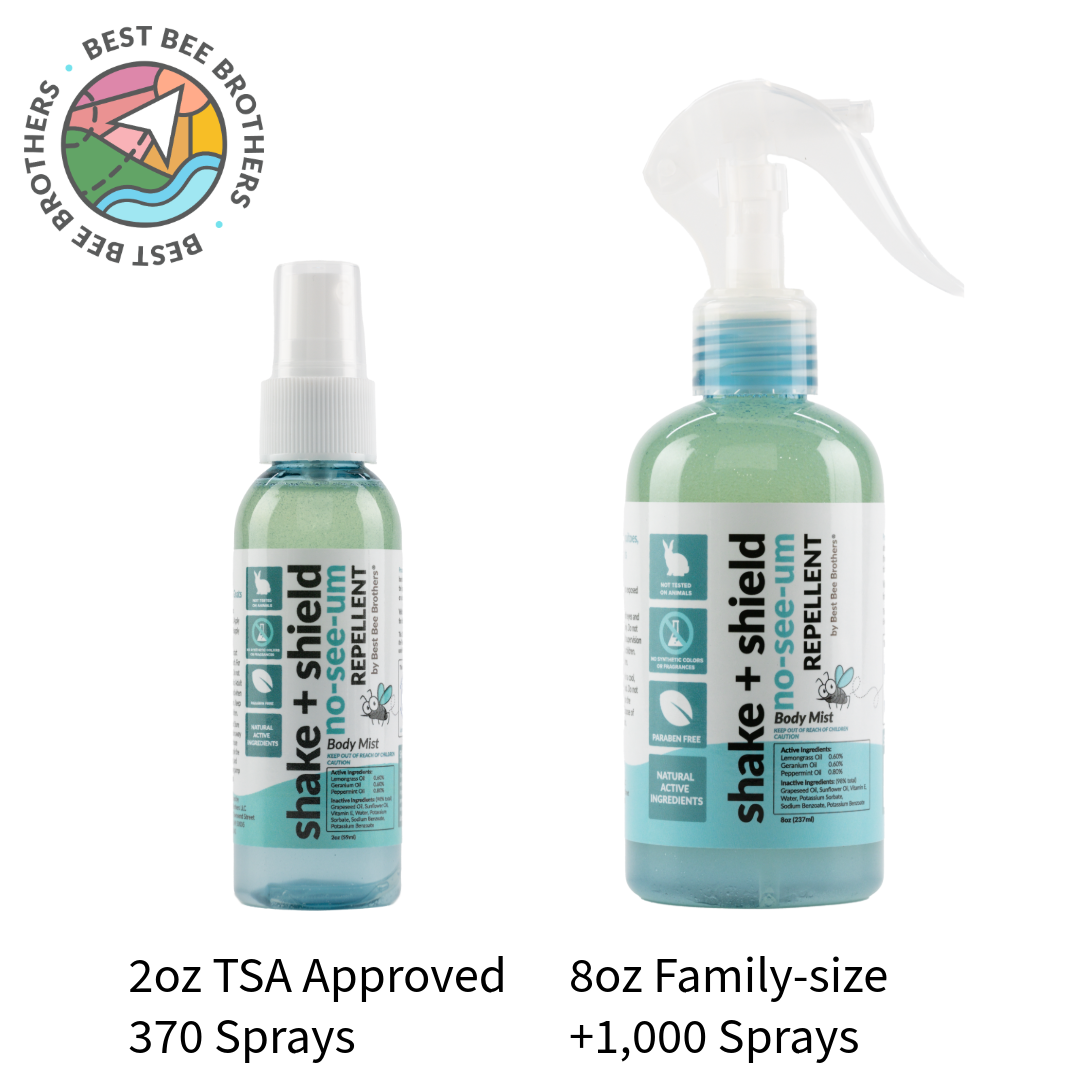
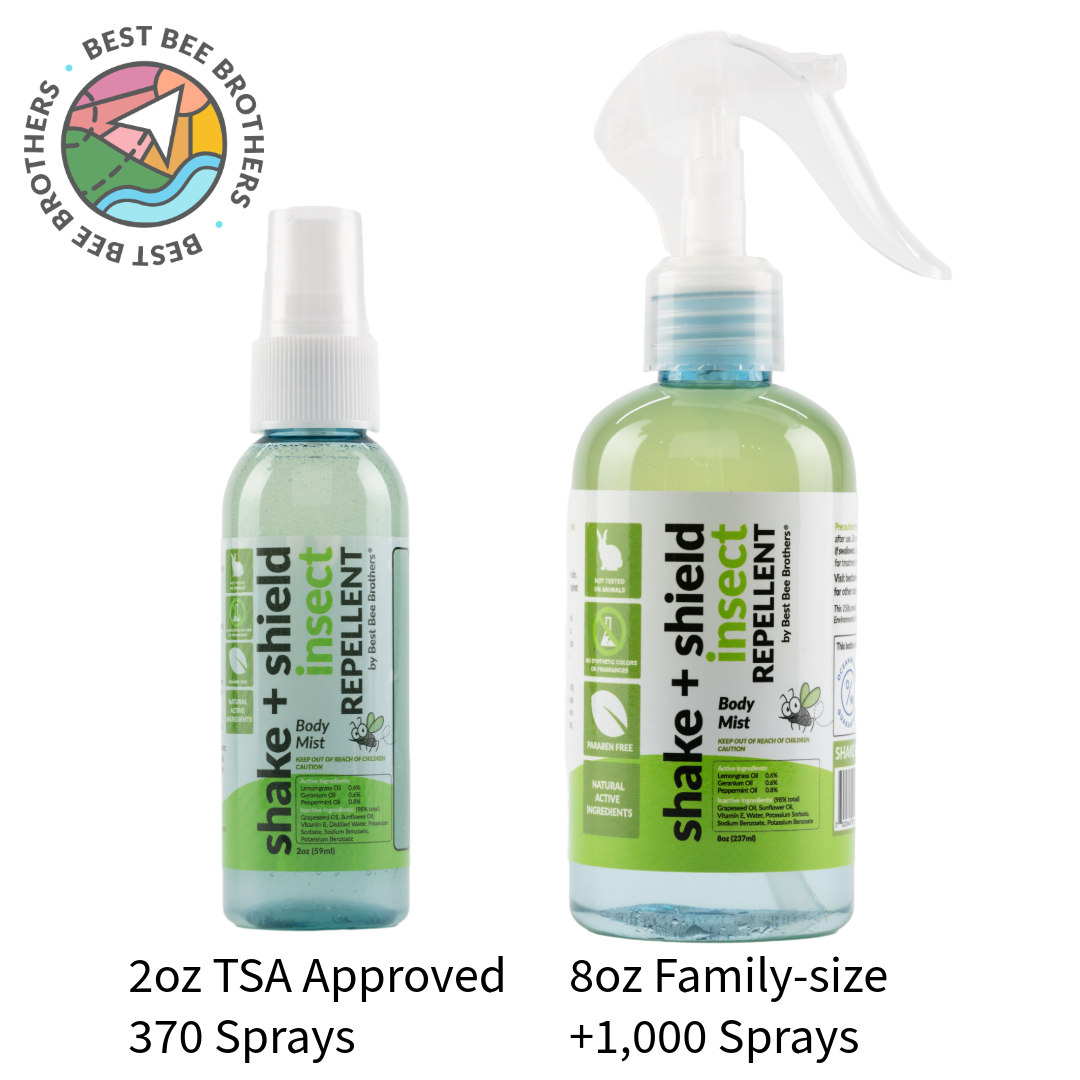
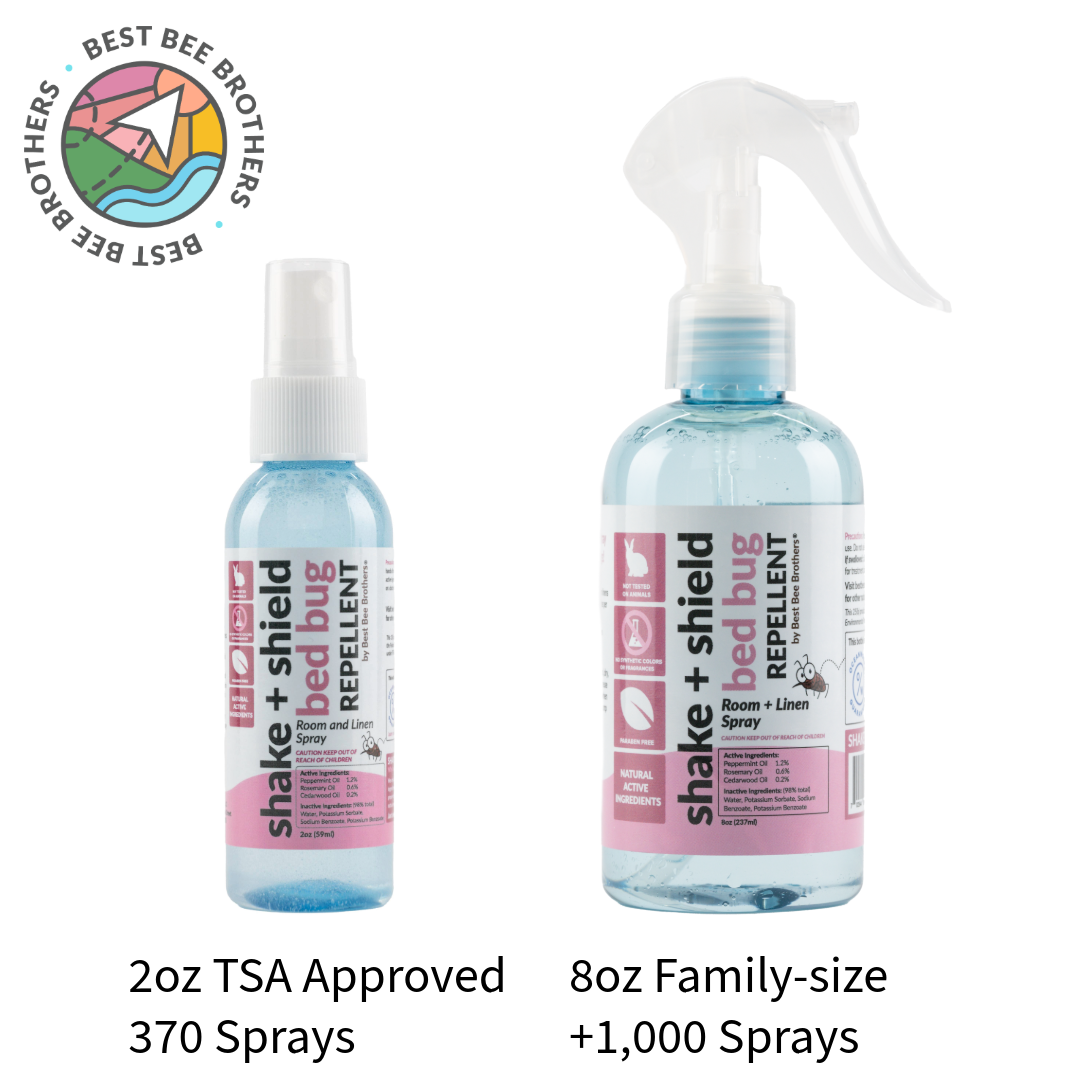
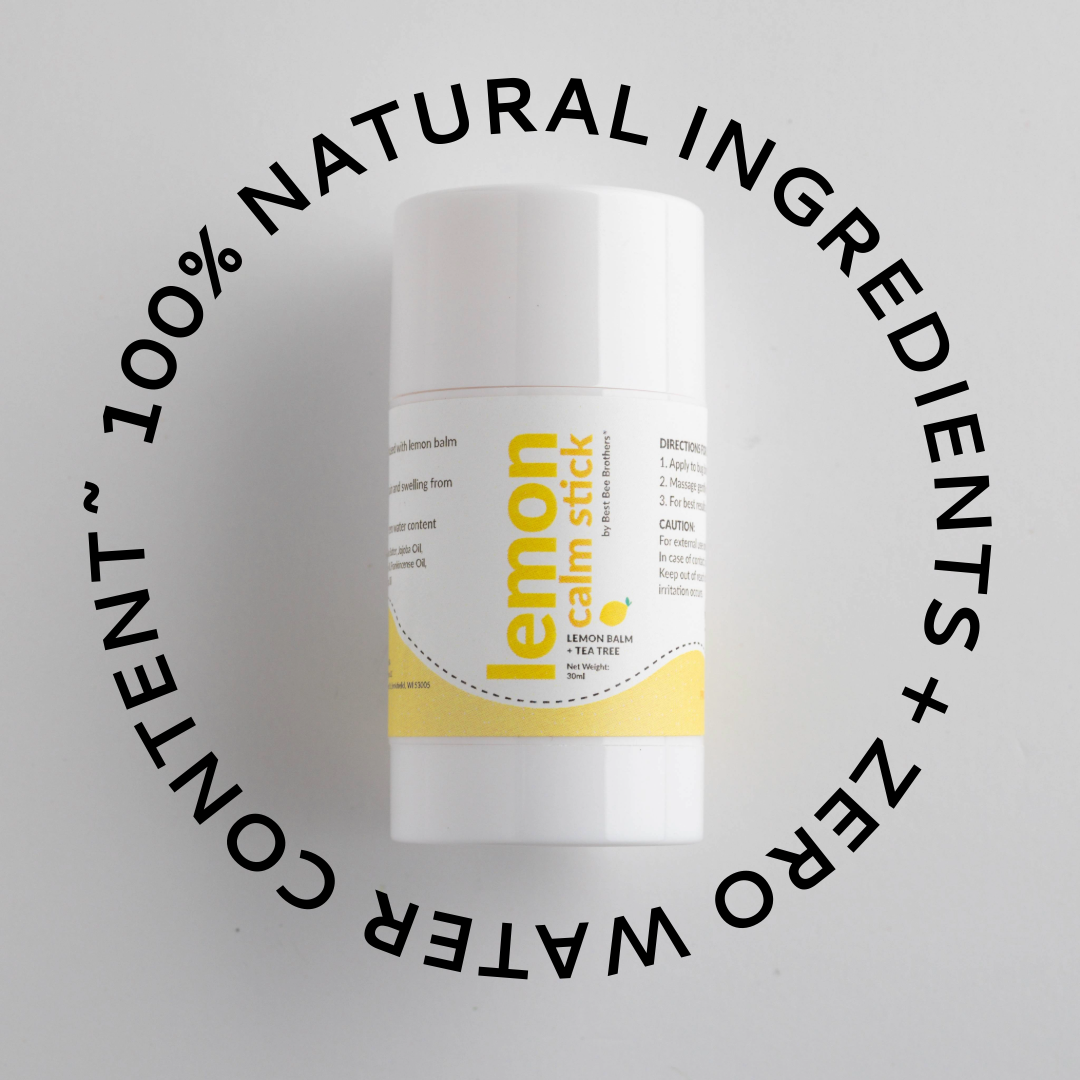
Leave a comment
All comments are moderated before being published.
This site is protected by hCaptcha and the hCaptcha Privacy Policy and Terms of Service apply.